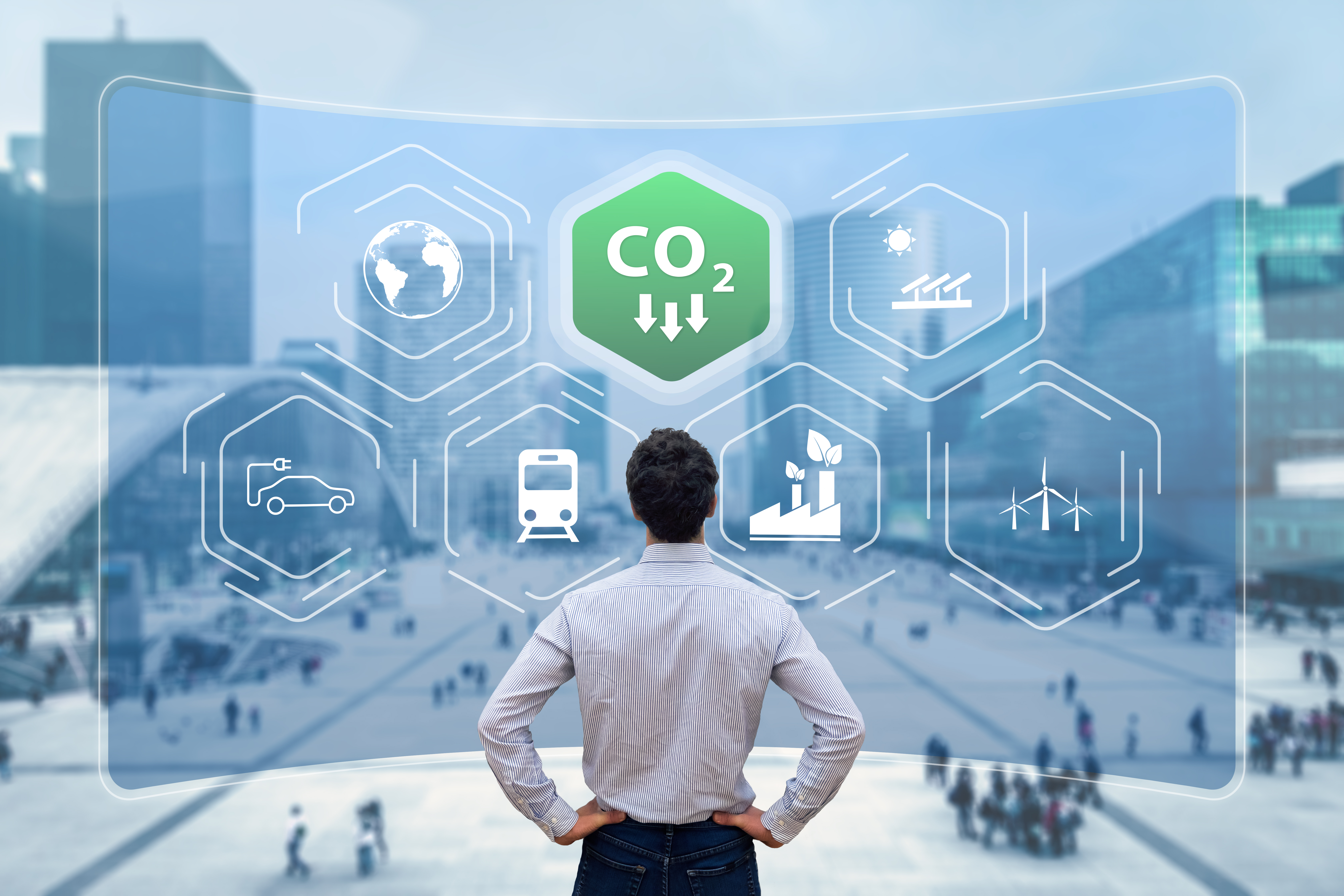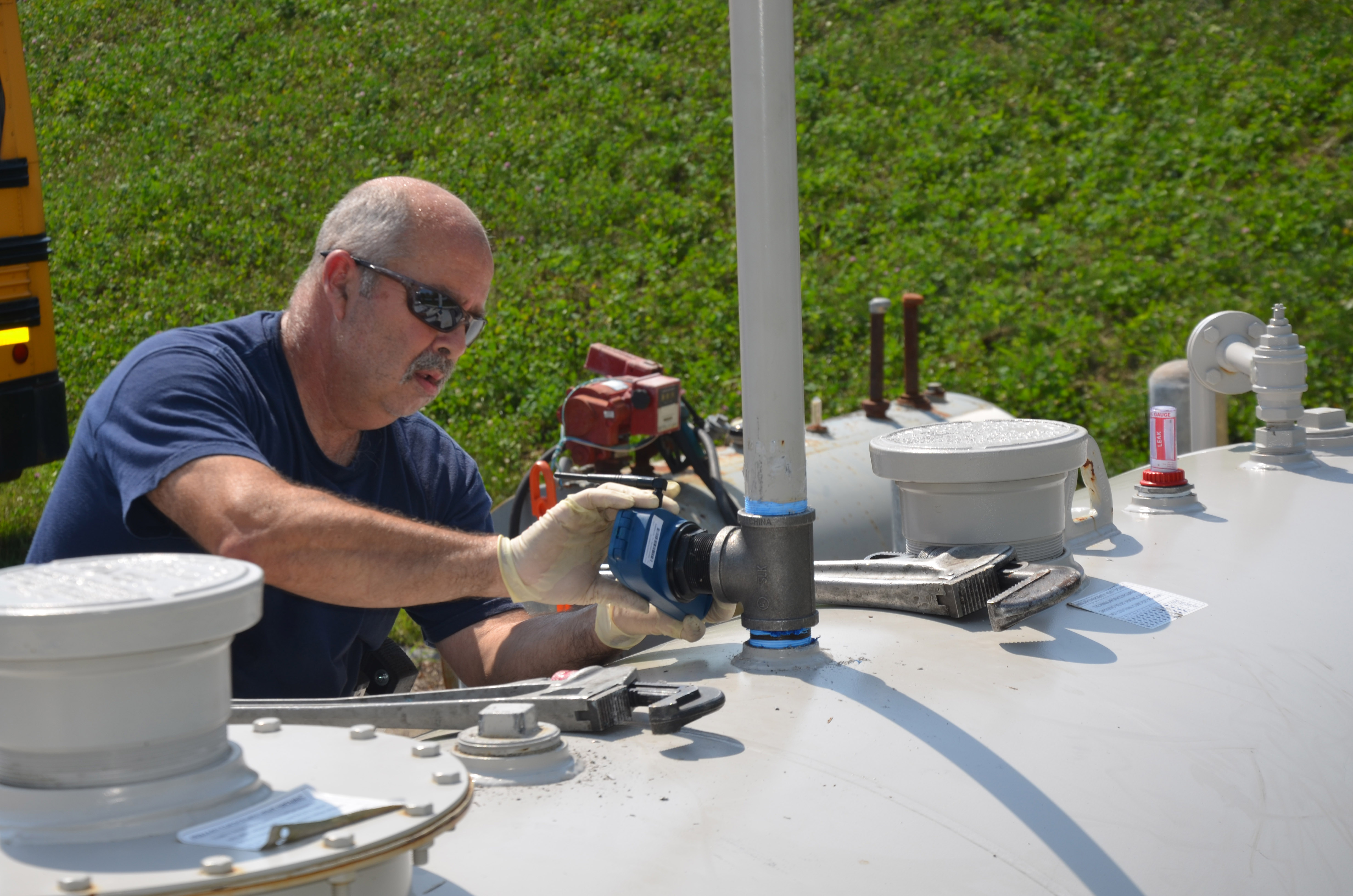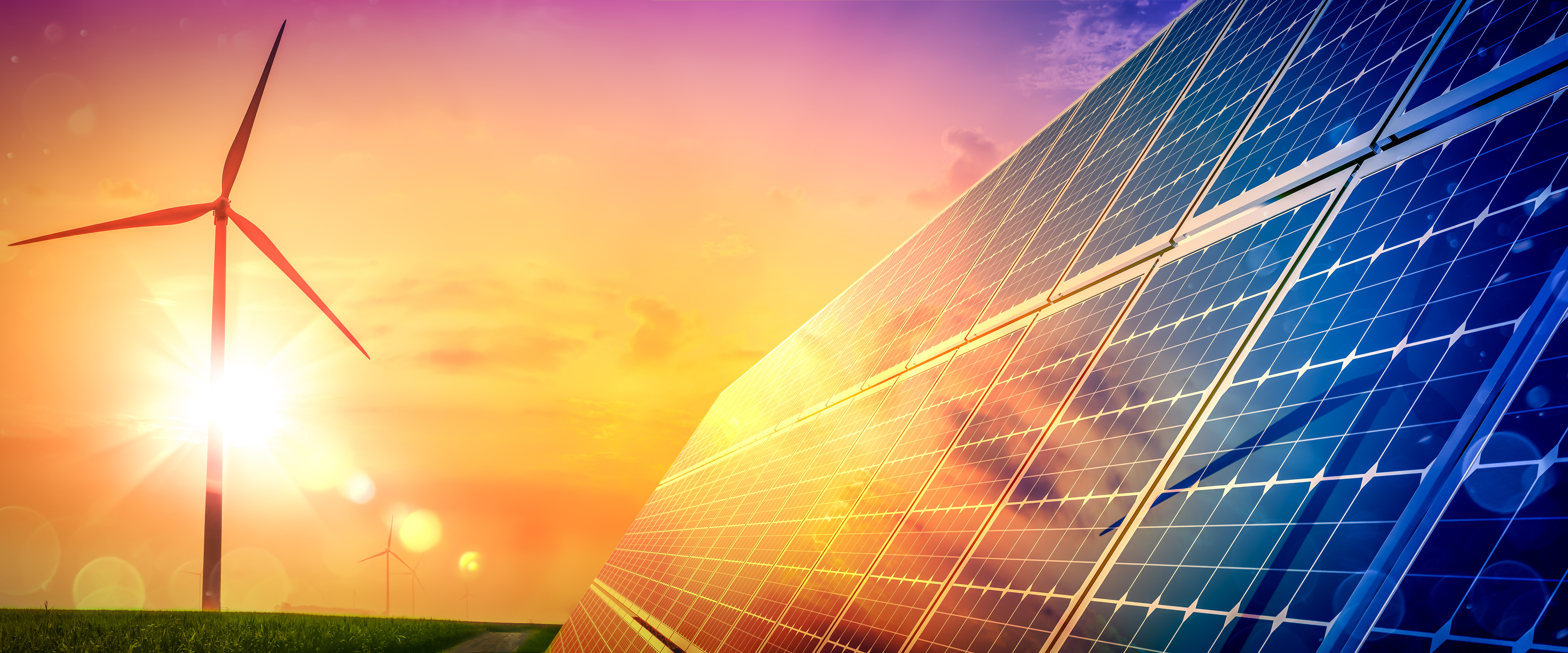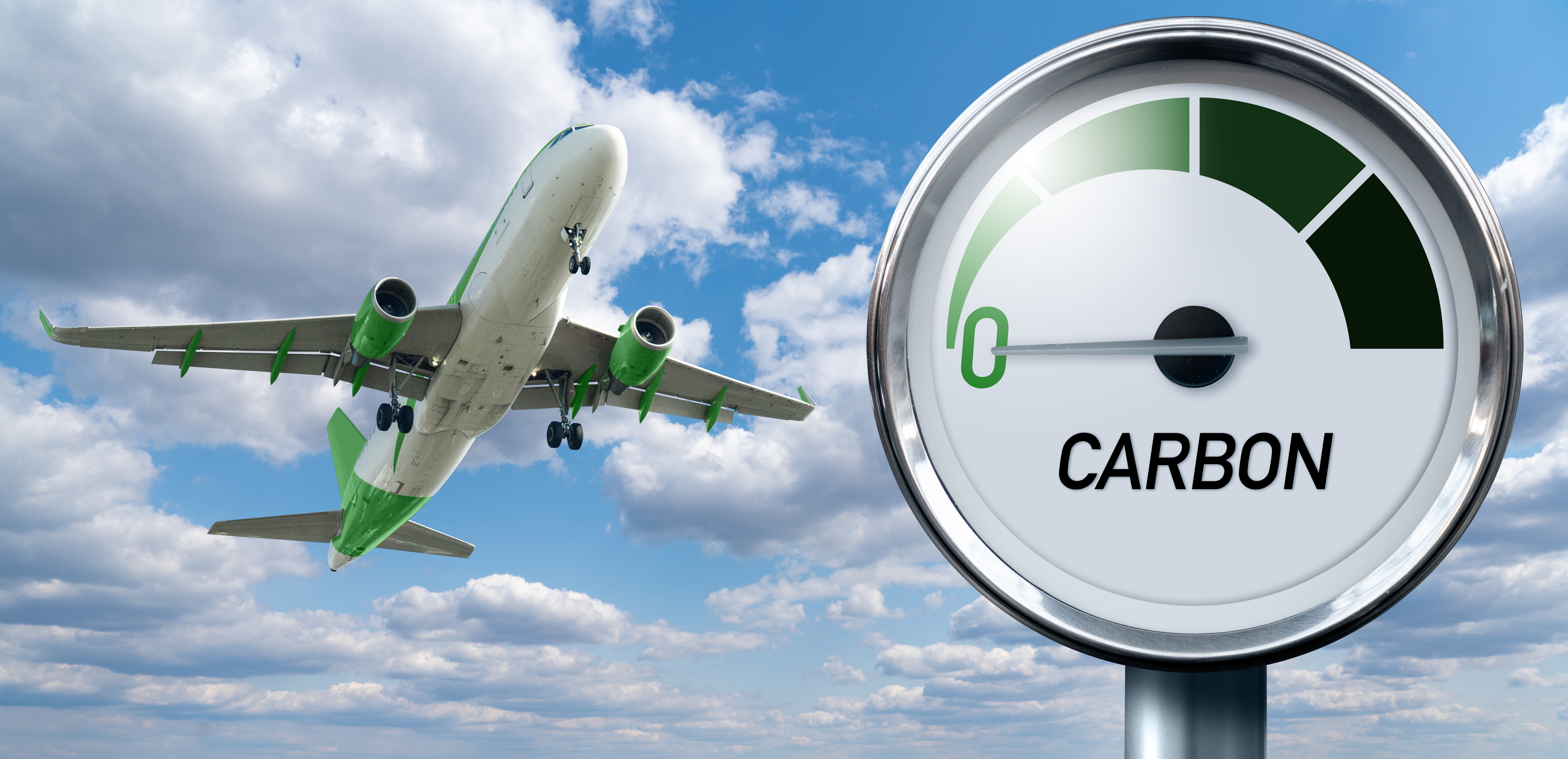ESG & Industry Updates
Infrastructure Bill EV Charging Stations Slow to Start
Posted by Kelly Burke on Apr 18, 2024 7:45:00 AM
Topics: EV Charger, Energy Infrastructure, tesla
IMO Part Deux: International Maritime Emissions in Focus in Brussels
Posted by Kelly Burke on Mar 18, 2024 11:44:47 AM
The International Maritime Organization (IMO) is meeting in Brussels this month, and one of the main topics of discussion is a proposed charge on the international shipping sector’s greenhouse gas emissions. Backers of the proposed carbon levy include the European Union, Japan, Canada, and multiple Pacific Island nations who are low lying and especially vulnerable to climate impacts.
Topics: Carbon Emissions, IMO 2020, decarbonization
January 2024 saw the first operational turbine on the Vineyard Wind project deliver 5 megawatts of power to the New England electrical grid. The project began in 2022 and upon completion is projected to generate 800 megawatts of electricity, reducing carbon emissions by 1.6 million tons per year.
Topics: renewable energy, offshore wind, vineyard wind
The UN’s Climate Change Conference, or “COP28” Summit was held from November 30 through December 13th in Dubai, UAE. The Conference consisted of 150 heads of State and Government and 85,000 participants representing countries, organizations, etc. This year’s summit focused on where the world is in relation to the goals initially outlined in the Paris Agreement (forget what that is? Refresher here: LINK). Spoiler alert – the world is nowhere near achieving the goals outlined, and the focus became how the countries involved can speed up their action on climate change mitigation through multiple avenues.
Topics: methane, Climate Change, Carbon Emissions, renewable energy, paris accord
As we have been discussing, the US National Blueprint for Transportation Decarbonization breaks the Transportation sector into seven categories, each of which has its own targets for emission reduction/elimination, and strategies for how those declines in emissions will be achieved. The next category addressed in the Blueprint is pipelines.
Topics: methane, Carbon Emissions, Biden Administration, decarbonization, pipeline
Tank Monitoring Takes the Headache out of Fuel Management
Posted by Kelly Burke on Oct 30, 2023 7:45:00 AM
Tank monitors are one of the best ways to simplify all the parts of your operation that rely on fuel, DEF, or bulk lubricants. With monitors, you eliminate runouts and streamline the ordering process. You can also maximize deliveries, which allows fewer interruptions to your business.
Topics: Oil & Energy Magazine, remote tank monitoring, fuel management
In another move forward against Climate Change, Massachusetts will be home to the United States' first utility-scale offshore wind project. Vineyard Wind, about 35 miles off the Mass coast, will produce up to 800 megawatts of electricity, powering 400,000 homes and businesses across the Commonwealth, dropping carbon emissions by up to 1.6 million tons per year.
Topics: Oil & Energy Magazine, Massachusetts, offshore wind, decarbonization
Transportation DeCarbonization: Aviation Policy & Regulations
Posted by Kelly Burke on Sep 26, 2023 7:15:00 AM
As we have been discussing, the US National Blueprint for Transportation Decarbonization breaks the Transportation sector into seven categories, each of which has its own targets for emission reduction/elimination, and strategies for how those declines in emissions will be achieved. The next category address in the Blueprint is Aviation.
Topics: Climate Change, Biden Administration, decarbonization
First Utility Scale Geothermal Network Launches Right Here in MA
Posted by Kelly Burke on Jul 6, 2023 10:36:46 AM
This June, Eversource broke ground on a new pilot program for Geothermal energy in Framingham, Massachusetts. This is the first utility scale networked geothermal network in the country, so it’s pretty exciting stuff.
Topics: Massachusetts, geothermal, pilot program, eversource
As we have been discussing, the US National Blueprint for Transportation Decarbonization breaks the Transportation sector into seven categories, each of which has its own targets for emission reduction/elimination, and strategies for how those declines in emissions will be achieved. The next category addressed in the Blueprint by emissions % is the Maritime Sector.
Topics: Marinas, Emissions, Biden Administration, Carbon Capture, decarbonization
Subscribe to Email Updates
Recent Posts
Posts by Topic
- Carbon Emissions (42)
- Climate Change (33)
- renewable energy (32)
- Oil & Energy Magazine (27)
- EPA (24)
- Massachusetts (21)
- Biden Administration (18)
- decarbonization (15)
- Biodiesel (12)
- natural gas (12)
- EPA Mandate (11)
- RFS (11)
- Solar (11)
- Biofuels (10)
- Keystone XL (10)
- methane (10)
- Clean Energy (9)
- offshore wind (9)
- Energy Independence (8)
- Energy Infrastructure (8)
- Safety (8)
- Biodiesel Tax Credit (7)
- Emissions (7)
- Ethanol (7)
- Trump Administration (7)
- ev (7)
- Cellulosic Ethanol (6)
- EV Charger (6)
- Inflation Reduction Act (6)
- RINs (6)
- environmental justice (6)
- Fracking (5)
- Technology (5)
- US Crude Exports (5)
- Utility Rates (5)
- electric vehicles (5)
- maine (5)
- tesla (5)
- ACT (4)
- Mass DOER (4)
- TransCanada (4)
- battery (4)
- fuel management (4)
- massachusetts biodiesel mandate (4)
- obama (4)
- paris accord (4)
- remote tank monitoring (4)
- CARB (3)
- CRUDE (3)
- Carbon Capture (3)
- Clean Fuel Production Credit (3)
- E85 (3)
- Emergency Fuel (3)
- Massachusetts Clean Cities (3)
- Waste Feedstock Biodiesel (3)
- china (3)
- clean power plan (3)
- electricity rates (3)
- net-zero (3)
- renewable diesel (3)
- solid state battery (3)
- AI (2)
- AVs (2)
- Bioheat (2)
- Commodities (2)
- Congress (2)
- Customer Service (2)
- DOT (2)
- EIA (2)
- Emergency Generator Program (2)
- HFCs (2)
- Hurricane Sandy (2)
- IMO 2020 (2)
- MIT (2)
- Marinas (2)
- New York (2)
- Refinery Closures (2)
- Safe Driving Policy (2)
- TCI (2)
- US Energy Boom (2)
- ZEV (2)
- autonomous vehicles (2)
- clean air act (2)
- coal (2)
- driver shortage (2)
- emergency response (2)
- environment (2)
- ferc (2)
- geothermal (2)
- hydro-electric (2)
- hydrogen (2)
- national grid (2)
- net metering (2)
- power plant emissions (2)
- power plants (2)
- railcar regulations (2)
- tariff (2)
- vineyard wind (2)
- API (1)
- Air conditioning (1)
- Baiji Refinery (1)
- Blend Wall (1)
- Brent Crude (1)
- Brent vs WTI (1)
- CFCs (1)
- Cell Phone Policy (1)
- Clean Water Act (1)
- DEF (1)
- Election Results (1)
- Electrical Grid (1)
- Energy Efficiency (1)
- Environmental Impact Study (1)
- Environmentally Friendly Products (1)
- Ethanol Tax Credit (1)
- FEMA (1)
- Fiscal Cliff (1)
- Gas Tax (1)
- Gasoline Supply Crunch (1)
- HDVC (1)
- Hazmat (1)
- Heat Tax (1)
- Highway Trust Fund (1)
- Holyoke (1)
- Hybrid (1)
- ISIS (1)
- Iraq (1)
- Kigali Amendment (1)
- MOC (1)
- Market analysis (1)
- Mayflower (1)
- Montreal Protocol (1)
- NORA (1)
- Natural Gas Pipeline Explosion (1)
- New Jersey (1)
- OBB (1)
- Oil Barrel Tax (1)
- PFC (1)
- Pegasus Pipeline (1)
- Propane Autogas (1)
- Stimulus (1)
- Syria (1)
- Tank Truck Safety Training (1)
- Tax Increases (1)
- Tier 3 Gasoline Standard (1)
- Times Square (1)
- VEEP (1)
- Workplace Risk (1)
- agriculture (1)
- algonquin pipeline (1)
- alternative energy (1)
- altwheels (1)
- astm (1)
- bionic leaf (1)
- bitcoin (1)
- boston (1)
- clean heat standard (1)
- covid-19 (1)
- energy storage (1)
- eversource (1)
- export ban (1)
- fixed pricing (1)
- fuel (1)
- fuel efficiency (1)
- fuel marketers news (1)
- gas leaks (1)
- heating oil (1)
- hurricane harvey (1)
- inflation (1)
- irving oil (1)
- marketing (1)
- nuclear (1)
- online fuel buying (1)
- ozone (1)
- photovoltaic (1)
- pilot program (1)
- pipeline (1)
- propane (1)
- renewable natural gas (1)
- rggi (1)
- russia (1)
- sanctions (1)
- senate (1)
- shale (1)
- social media (1)
- social media for business (1)
- space (1)
- tablets (1)
- tennessee pipeline (1)
- ukraine, (1)
- value added services (1)

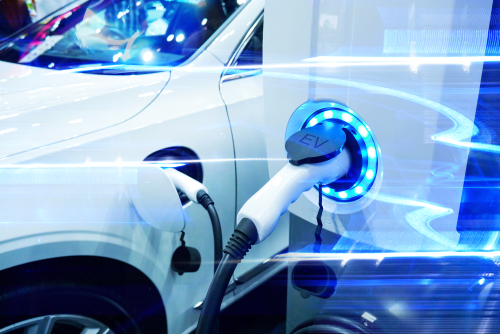

.jpg)
